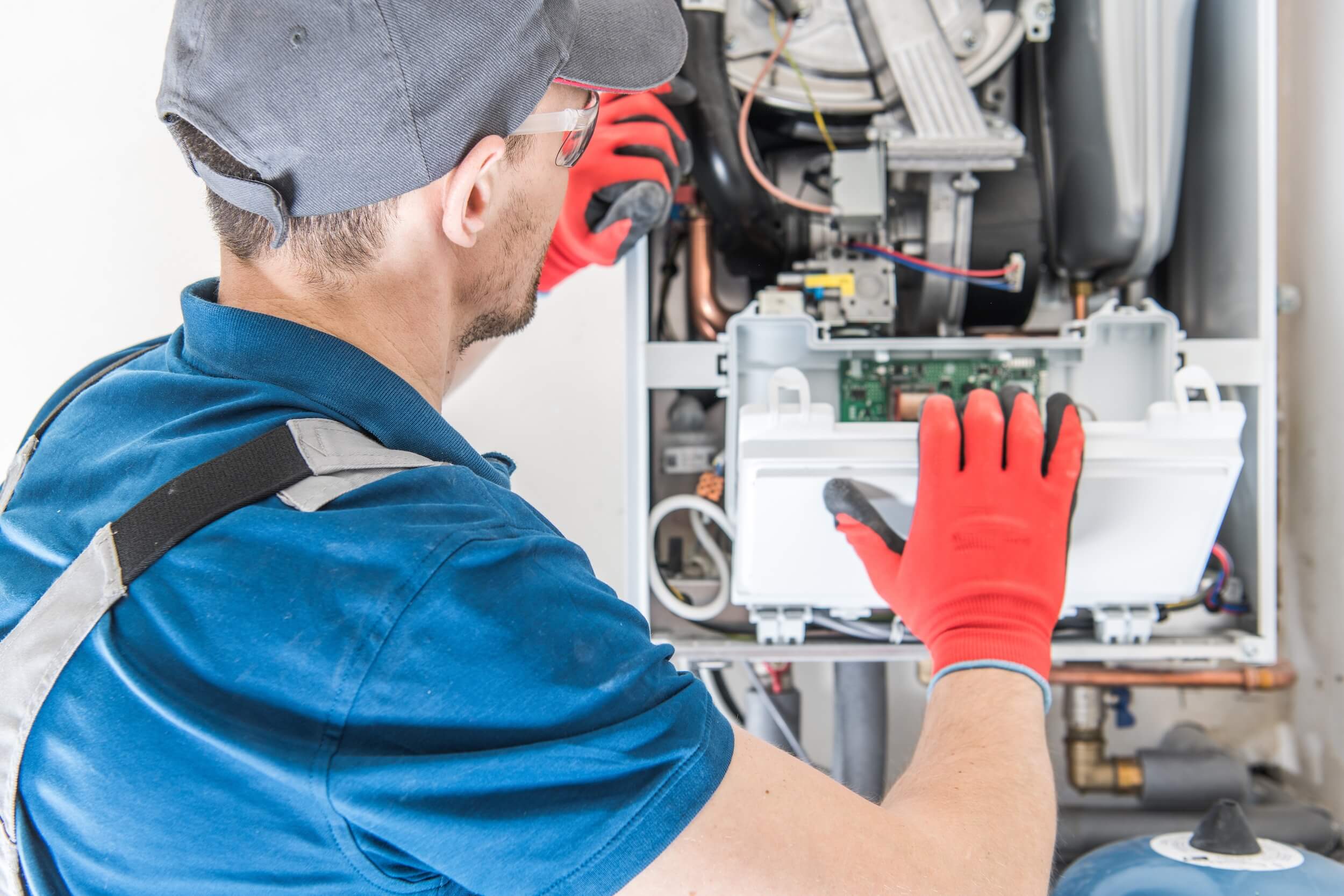Dealing with the Chief Water Heater Crisis Events
Dealing with the Chief Water Heater Crisis Events
Blog Article
The publisher is making a number of great pointers relating to Common Hot Water Heater Problems as a whole in this content underneath.

A water heater is one of the most essential basic devices that can be discovered in a house. With water heaters, you don't need to undergo the stress of home heating water manually every time there is a need to wash, do the laundry, or the recipes. There is always an opportunity that your water heater would certainly act up as with the majority of mechanical gadgets.
It is necessary to note any kind of little breakdown and tackle it promptly before points leave hand. Most times, your hot water heater starts to malfunction when there is an accumulation of debris as a result of continuous usage. As a preventative measure, periodic flushing of your hot water heater is suggested to prevent debris buildup and protect against functional failure.
Usual water heater emergencies as well as how to handle them
Dripping hot water heater tank.
In this situation, you must transform off your water heating system, allow it to cool down, and thoroughly look for the source of the issue. At times, all you need to do is to tighten a few screws or pipe connections in cases of small leaks. If this doesn't work and the leak persists, you could require to utilize the services of a professional for an appropriate substitute.
Fluctuating water temperature level.
Your water heating unit can begin producing water of various temperature levels generally ice hot or chilly warm. There could be a need to replace either the heating or the thermostat unit of your water heating unit.
Insufficient hot water
It may be that the water heating system can't sustain the warm water demand for your house. You can upgrade your water heating unit to one with a larger capability.
Stained or stinky water
When this happens, you require to recognize if the concern is from the water or the tank resource. If there is no funny odor when you run cool water, then you are specific that it is your water heating system that is malfunctioning. The stinky water can be triggered by corrosion or the accumulation of microorganisms or sediments in the water heating unit storage tank.
Final thought
Some home owners overlook little caution as well as minor faults in their water heater unit. This only brings about more damage and a possible full malfunction of your home appliance. You should manage your hot water heater faults as quickly as they come up to stay clear of more expenditures as well as unneeded emergency difficulties.
With water heaters, you don't require to go through the stress and anxiety of heating water by hand every time there is a demand to take a bath, do the washing, or the recipes. Your water heating system can begin creating water of different temperature levels generally ice chilly or hot warm. It may be that the water heating unit can not sustain the warm water need for your house. If there is no funny odor when you run chilly water, then you are specific that it is your water heating unit that is malfunctioning. The odiferous water can be triggered by rust or the build-up of bacteria or sediments in the water heating unit tank.
Common Water Heater Issues and What You Should Do
What Type of Water Heater Do You Have?
Before we begin it’s first important that you identify the type of water heater you have on your property. There are two main types of water heaters out there: conventional and high efficiency.
Both of these types of products typically use either gas or electricity to heat power. There are also solar water heaters that use a thermal collector on the roof or yard to heat the water.
While these models are not as common, they can cut heating costs in half. In this article, we will focus on conventional and high efficiency.
How Do My Electric and Gas Water Heater Work?
Though they look similar, electric and gas water heaters work very differently. It’s important to know their basic function because often problems can be specific to the heating source.
In the electric model, a thermostat on the side of the machine detects the temperature of the water in the tank. When the temperature needs to rise electricity flows to a heating element suspended in the water.
Gas models also use a thermostat device — typically with a mercury sensor at the tip and an additional sensor called a thermocouple. The thermocouple detects whether the pilot light is on and controls the flow of gas.
When the thermostat drops below the appropriate level gas is released which becomes ignited by the pilot light. The flame heats the bottom of the water tank which causes hot water to rise and cold water to drop.
This natural circulation continues until the water reaches the desired temperature. Then, the thermostat triggers the gas control valve to shut off the flow of gas.
What Are the Most Common Issues and How Do You Fix Them?
https://happyhiller.com/blog/common-water-heater-issues-and-what-you-should-do/

I am just very occupied with Is Your Water Heater Leaking? and I am hoping you enjoyed reading the new piece. Sharing is caring. Helping people is fun. Thanks a lot for your time invested reading it.
Book Your Appointment Report this page